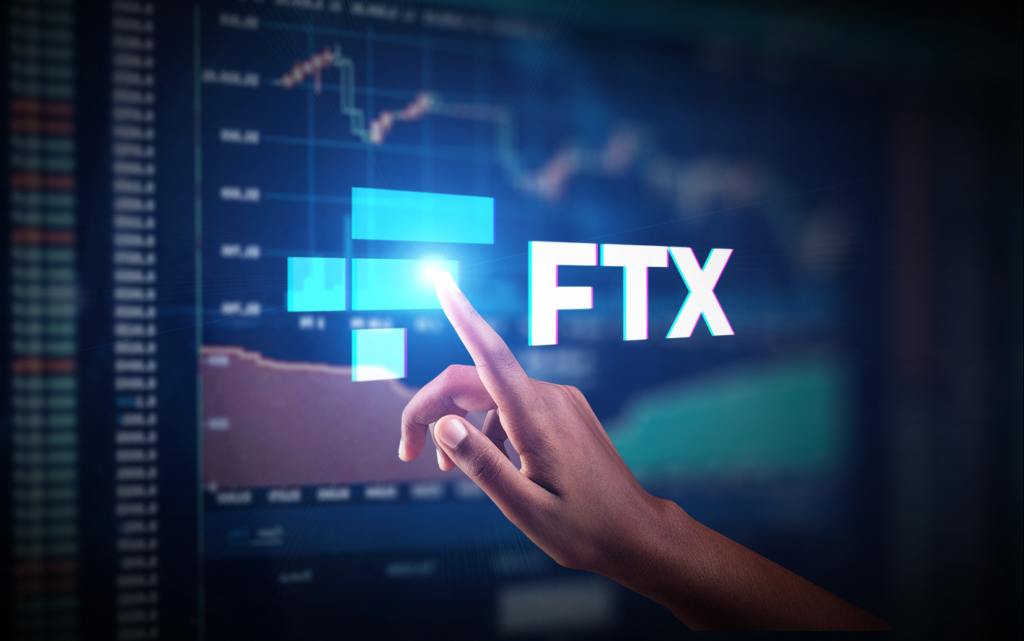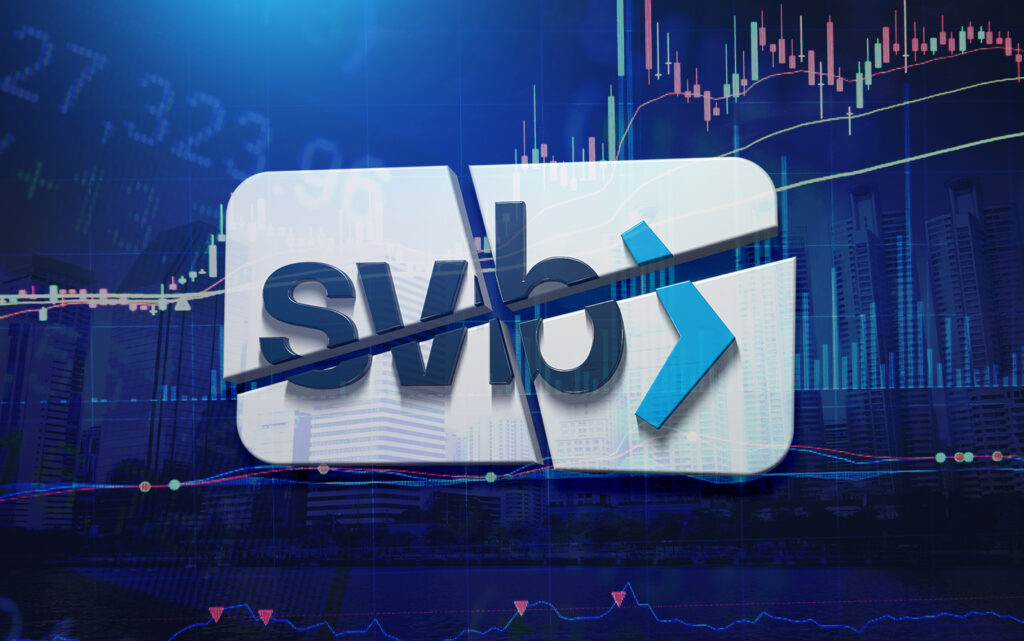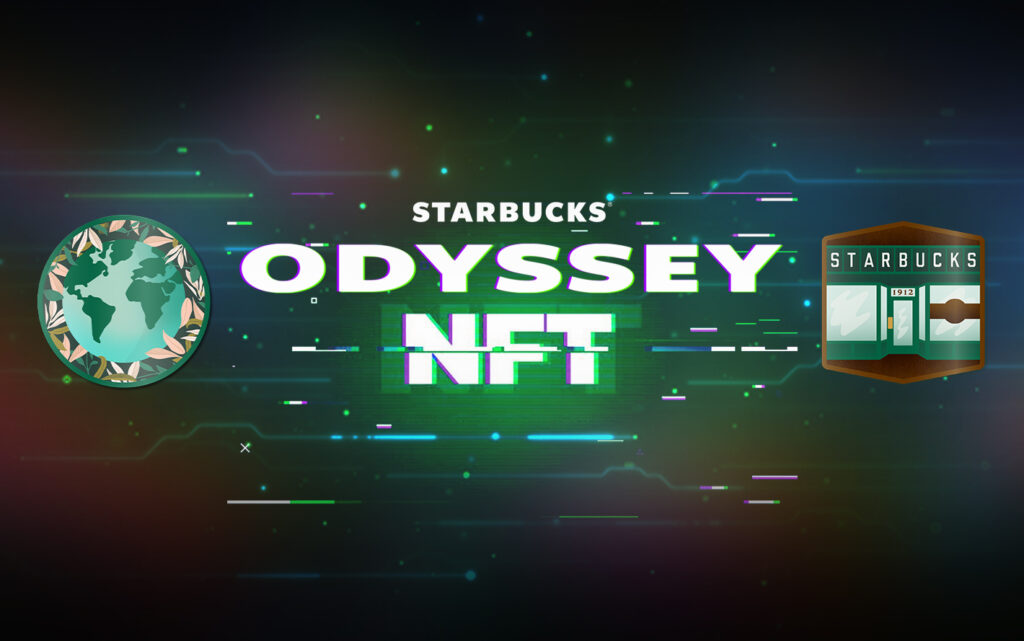Technology developed in the 21st Century is changing different sectors and markets thanks to the benefits and conveniences it provides; such is the case of Smart Contracts. Softwares known as “Smart Contracts” that execute a pre-established order based on a series of requirements.
All this developed on blockchain technology, which ensures a database that cannot be modified, and avoids misunderstandings because it provides transparent operations and records.
According to the innovation and content director of Wolters Kluver Law for Spain and Portugal, “when executing Smart Contracts, certain conditions are given and compliance with pacta sunt servanda is guaranteed”, one of the most relevant legal principles worldwide, because the contract obliges the parties to comply, without any excuse.
A few years ago, in 2017, the French insurer AXA introduced flight delay insurance; developed on a blockchain, FIZZY. This Smart Contract was connected to global traffic databases that automatically triggered compensation to users as soon as it identified an unjustified delay of more than two hours.
However, the project went off the market in 2019, due to “minimal interest from the travel industry”.
For now, there is still no mass adoption of Smart Contracts because the vast majority of companies are unaware of the benefits of this technology. However, managers have begun to recognize the advantages when it comes to automating processes and drafting contracts.
One of the sectors that would benefit the most from this technology is the insurance industry, because in the words of specialist Paloma Bru, Smart Contracts can speed up claims settlements and reduce the cost of errors associated with manual records.












